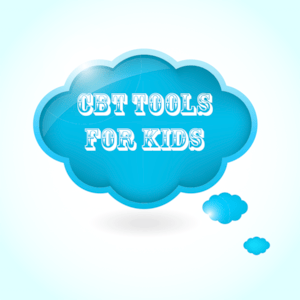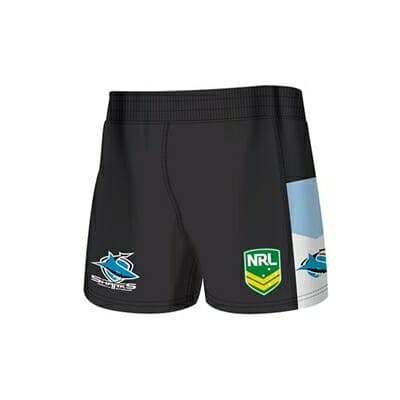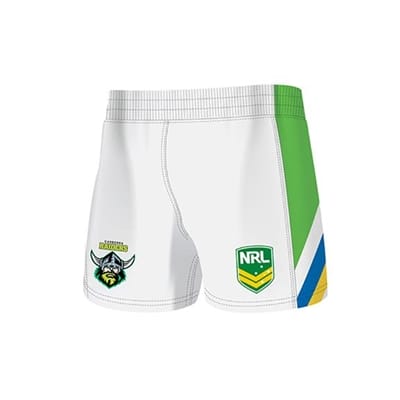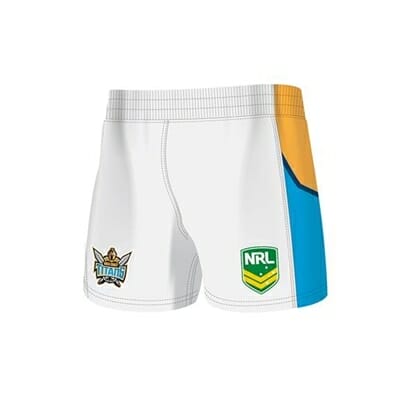Description
FEATURES:
Emotion Tracker: The emotion tracker allows kids to 1) identify their current emotion; 2) rate the emotion’s intensity using a thermometer with various levels of intensity; 3) identify the situation that triggered the emotion by browsing categories or creating notes about the trigger situation; and 4) identify body sensations associated with the emotion.
Emotion Graph and History Log: Colorful, simple graphs allow kids to view changes in the intensity of each emotion over the past week, past month, and past year. Kids can also view a full history of the emotion information they have entered. This allows children to make connections between the situations in their lives and the emotions they produce, as well as learn which situations result in stronger emotional responses.
Relaxation Skills: The Relaxation Skills tool provides kids with five different audio clips that they can listen to during or after stressful situations to help them become calmer and manage stress. Activities include calm breathing, muscle relaxation, positive imagery, and awareness meditations. Kids can save their favorite relaxation activities to their Favorite Tools page for easy access.
Thinking Skills: The Thinking Skills tool helps kids challenge negative thoughts related to a specific situation by first having kids answer a number of questions about the negative thought they currently have. Based on their answers, advice is provided that is specific to the distressing thought. The guidance provided helps kids question the accuracy of their thinking and challenge negative thoughts. Advice also gives ideas for positive actions they can take and more realistic and adaptive ways of thinking about the situation. Kids can save the advice they like best to their Favorite Tools page for easy access.
Positive Actions: The Positive Actions tool provides kids with a list of positive actions and behaviors that can help them improve their feelings in the moment, reduce stress, or distract them from a problem that they cannot solve right away. Kids can save the positive actions they like best to their Favorite Tools page for easy access.
Email My Therapist: Email My Therapist allows kids to send their entered data over the past week to their therapist, school counselor, or another individual of their choice. Data sent includes the emotion, emotion intensity, situation that triggered the emotion, child’s notes about the situation, and any body sensations endorsed. This allows therapists quick and easy access to the child’s self-monitoring of their emotions, and can enhance compliance to self monitoring activities during therapy.













